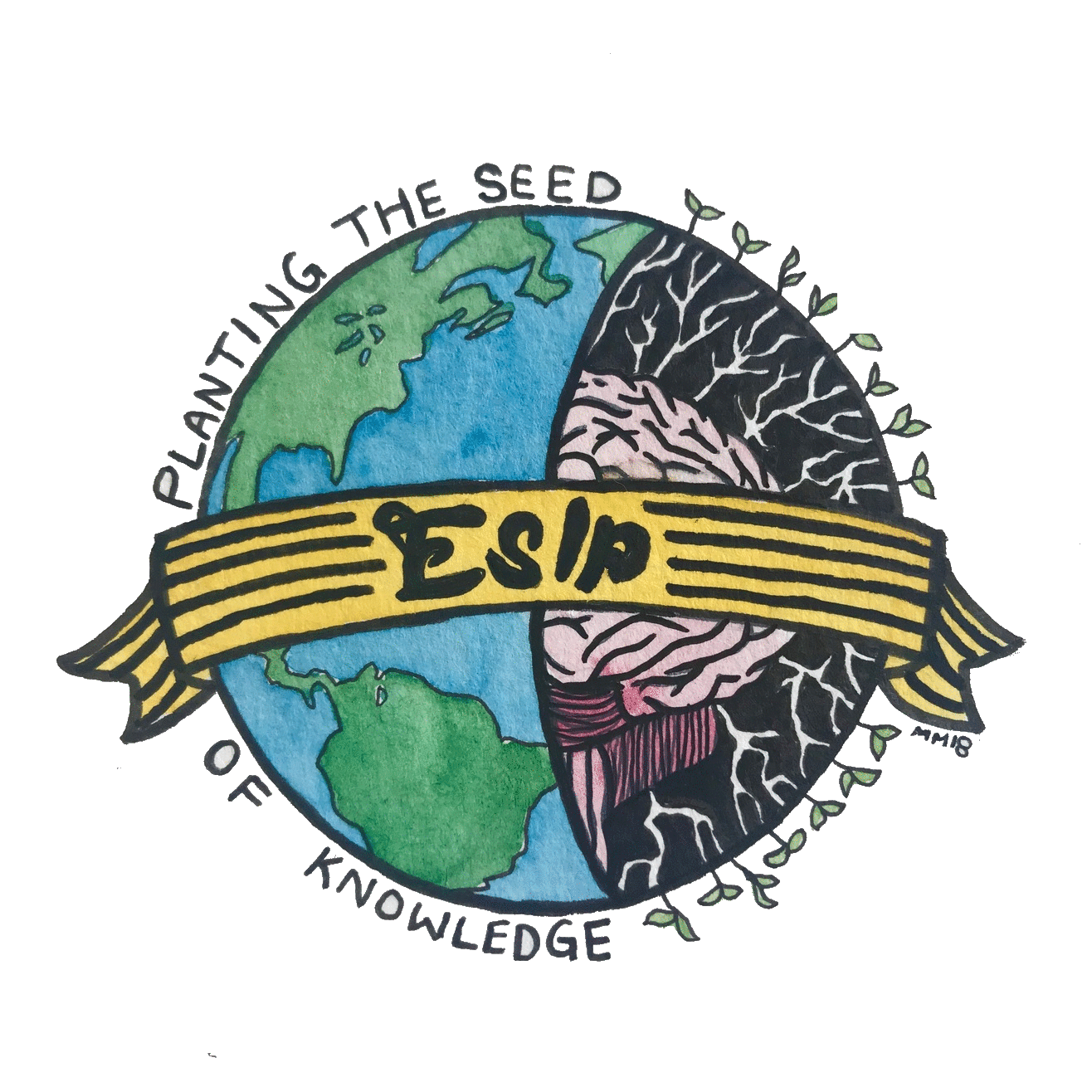ESLP’s Key Terms & Values
This page serves as a glossary for ESLP’s key terms. Here you can find our commonly used jargon with accompanying definitions that are organized by the following: Courses, Focuses/Goals, Events, and Membership.
Courses:
Spring Series - A student-run course facilitated by students who are enrolled. This is a two part course: a lecture by and the workshops by invited speakers. It can be taken as a 5-unit or a 2-unit course.
*Known as CRSN 161/61
Focuses and Goals:
Sustainability - A solution-driven action to the climate crisis that includes:
Promoting a high quality of life now and for future generations
Holistic respect for all living things and an understanding that resources are limited
Intersection of social, economic, and environmental practices
Necessary in education
Thoughts and actions that promote the longevity of the environment
Horizontal Education (Learning) - This structure is a primary focus in our created courses and organization. It refers to dismantling power dynamics seen in academia. We implement this structure into our org by embracing student agency, having discussion-based classes, and using a non-hierarchical system.
Facilitation - Differs from traditional teaching by guiding engaging conversations rather than telling the students what they should know. This includes collaborative learning and empowerment by not giving the power of credentials to determine eligibility.
Pedagogy of the Oppressed (POTO) - This is the book that influences ESLP’s core values regarding to power dynamics within academia and carrying out horizontal education. It discusses the teacher vs. student relationship in education and works to discuss and dismantle these hierarchical structures.
Banking method of education - This is a method heavily criticized in chapter 2 of the book (pg. 72). The concept imposes ignorance on students and presumes teachers as knowledgeable. It treats students as deposits to be filled with whatever “truth” they’re taught by educators to make them adaptable members of society.
Problem-posing method of education - This method values communication. Both parties, the teacher and the student, are involved in pursuing knowledge and share responsibility for the growing process. It is offered as an alternative to the banking method and prioritizes Horizontal Learning.
Events:
Enviroslug Retreat - A quarterly get-together that includes all of the Enviroslug organizations (ESLP, SEC, CSC). The itinerary would consist of bonding, workshops, engaging discussion, and speakers.
Earth Summit - An Enviroslug-run event that takes place around Earth Day, or in April. It is one of the longest-running events on campus and helps initiate important conversations and identify sustainable projects. Each year, there is a new theme (relative to sustainability) that reflects current events. This event consists of pop-up booths, food, and activities.
UCSC Tabling - ESLP often tables on campus throughout the school year, individually or as Enviroslug.
Membership
CORE - Refers to selected members of the organization. We have mandatory weekly “CORE” meetings with our advisor that are used for tackling the most prioritized agenda items.
General - Refers to the entire ESLP cohort. We have weekly general body meetings to analyze the programs weekly agenda that includes event planning, outreach and more.
